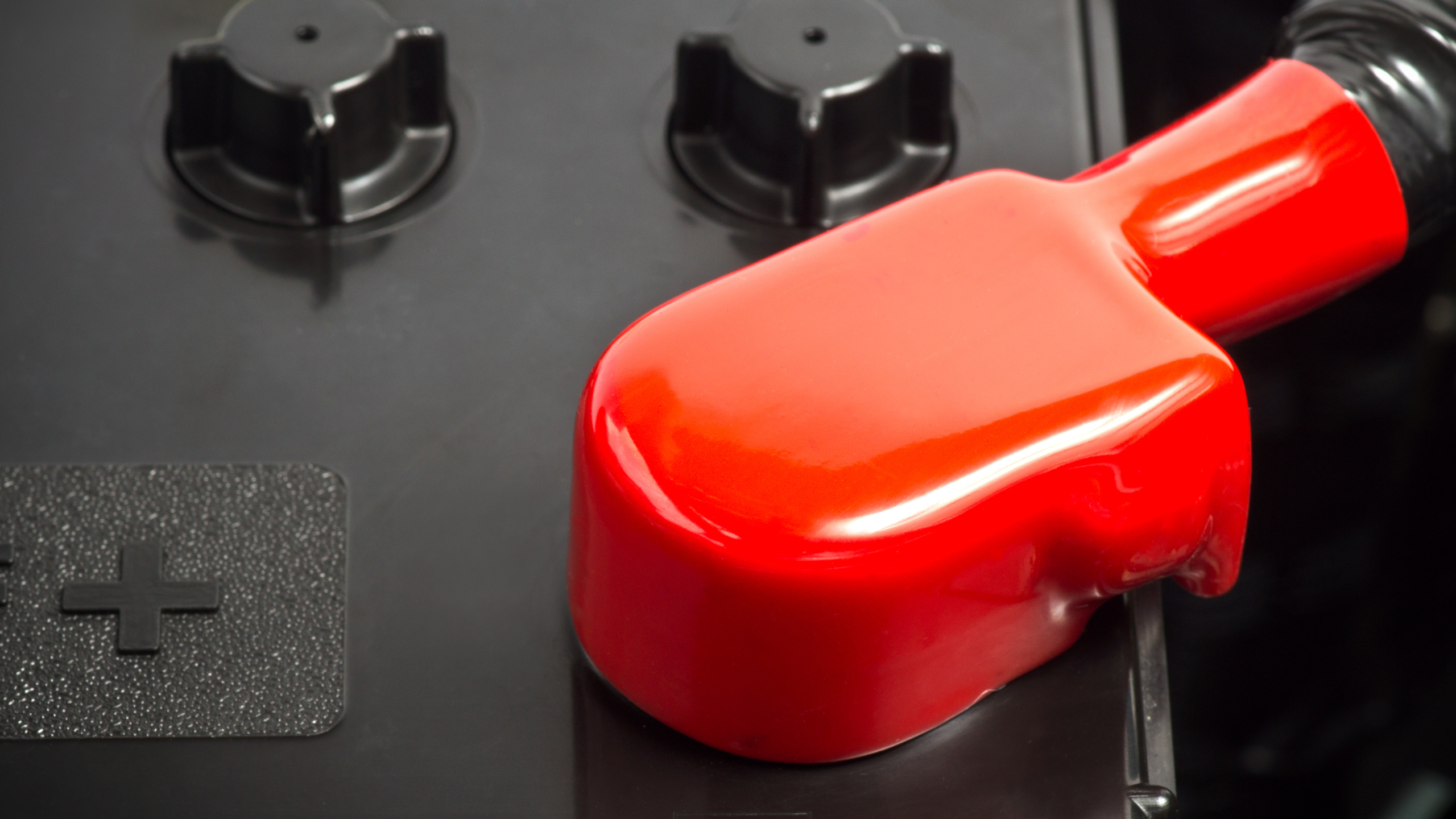A lot has changed in the type of battery your car needs and so the range of batteries has changed too. Reply on Austospark for the right quality battery at the right price for your vehicle.
Car Battery Maintenance Tips
- Always make sure the cables are clean, if they show signs of corrosion then wipe clean with a post cleaner. Start at the top of the battery then move to clean the cables.
- Inspect the state of the hold down clamp and replace it if required.
- Check the batter fluid levels by carefully removing the battery vent caps. Use deionised water to top up fluid levels.
- Remember to replace the vent caps correctly after checking & topping up.
- Using an Electronic Tester check the vehicle for any signs of a power drain.
- Inspect the charging system of the vehicle.
- Finally check that all leads, cables, terminals and the hold down clamp are firmly in place and tightened accordingly.
Keep batteries topped up
It’s essential to make sure batteries have a satisfactory electrolyte level, ensuring it doesn’t get too high or low. It’s important to only add distilled or deionised water. Also make sure to never fill over the recommended level displayed on the tank.
Some maintenance free batteries will not need to be topped up. For low maintenance batteries you will only need to add water a couple of times a year – but this depends on conditions. The best option is always to select a maintenance free battery; however, these can be more expensive so make sure you invest in a good quality low maintenance option.
Check electrical connections
As mentioned above it’s essential that you ensure the battery terminals and cable connections are cleared of any corrosion and fitted tightly. A hot tip is to use a thin layer of petroleum jelly to keep thing clean and protected.
Avoid overcharging
Overcharging a car battery can often lead to its demise. In the most extreme case the sulfuric acid & distilled water will effectively boil and cause hydrogen to build up within the cells of the battery. If this hydrogen seeps from the battery and is introduced to oxygen it can in fact explode. This is obviously the worst-case scenario but is still a risk.
A battery can over charge by a faulty voltage regulator or by human error. You can use a multimeter to check the volts of your battery while the battery is running, if the volts read higher than 14.8 your battery may be overcharged and you should consider changing.
Keep batteries clean and dry
If a battery becomes dirty it can lead to discharge and corrosion. Grease can be detrimental to a battery so it’s best to avoid using it in close proximity to the battery. A car battery can be easily cleaned by washing with a solution of bicarbonate of soda and water. Ensure you rinse after with clean water. It’s also important that the vent plugs are in place during this process.
Precautions
Metallic objects can cause a short so it’s best to avoid placing them anywhere near or on top of the battery. Because batteries contain hydrogen gas, this can become highly flammable when expose to air. It’s important to keep sparks or live flames away from car batteries at all times.
Batteries can contain large amounts of sulphuric acid. You should always keep sulphuric acid away from your person & clothing. If you do become contaminated, you should use large volumes of water to neutralise the acid and flush as much away as possible.
Also bear in mind that batteries are quite heavy – it’s best to use proper lifting techniques when installing or moving from one location to another.
Batteries contain sulphuric acid. Never add acid to cells and keep acid away from eyes, skin, clothing or any other material which may become damaged. If contamination occurs, use large amounts of water to neutralise and flush acid away. To avoid shorting, metallic objects should not be placed on top of the battery. Batteries are also heavy – ensure correct lifting procedures are used when moving batteries.
Sulphation
Undercharging or underusing your car batter can be as bad for your battery as over charging it. It can cause it to go flat pretty quickly. This can easily happen if you don’t use your vehicle for a long period of time or can also occur in a marine battery over winter, when boats are rarely used. To ensure the maximum life from your car battery it’s important to keep it fully charged at all times.
You don’t have to wait until you break down to change your battery. Avoid breakdowns by getting your battery tested at Autospark. Vehicle electrical systems are becoming more complex and its vital you purchase the right battery for your vehicle, so leave it to the experts.





